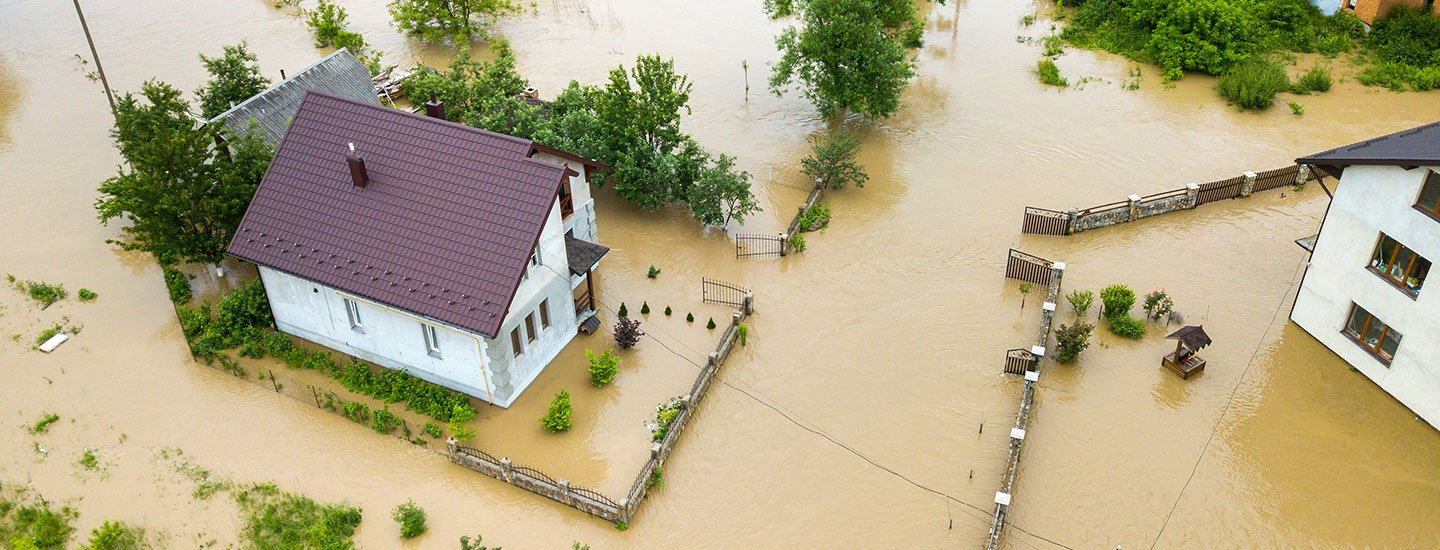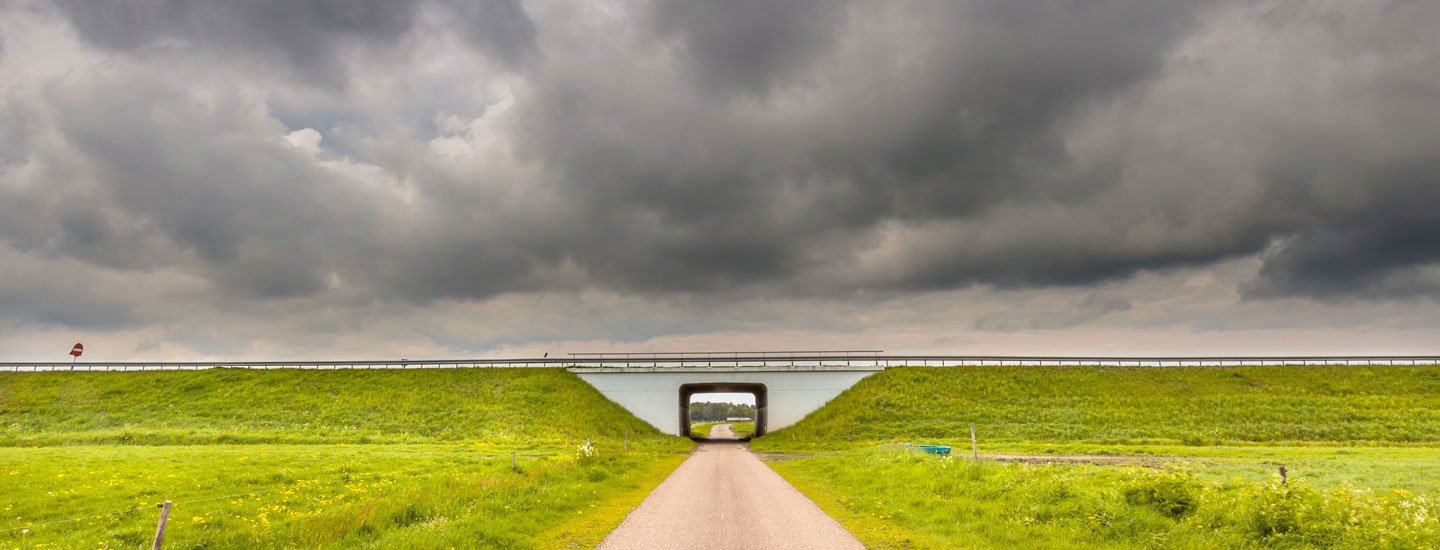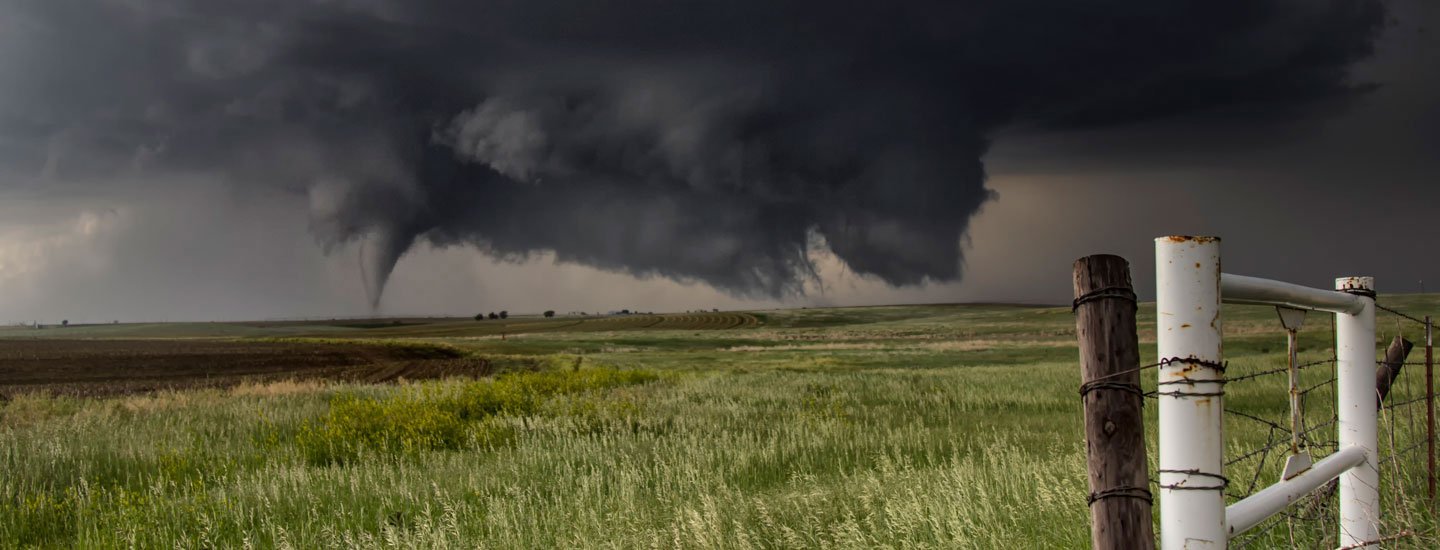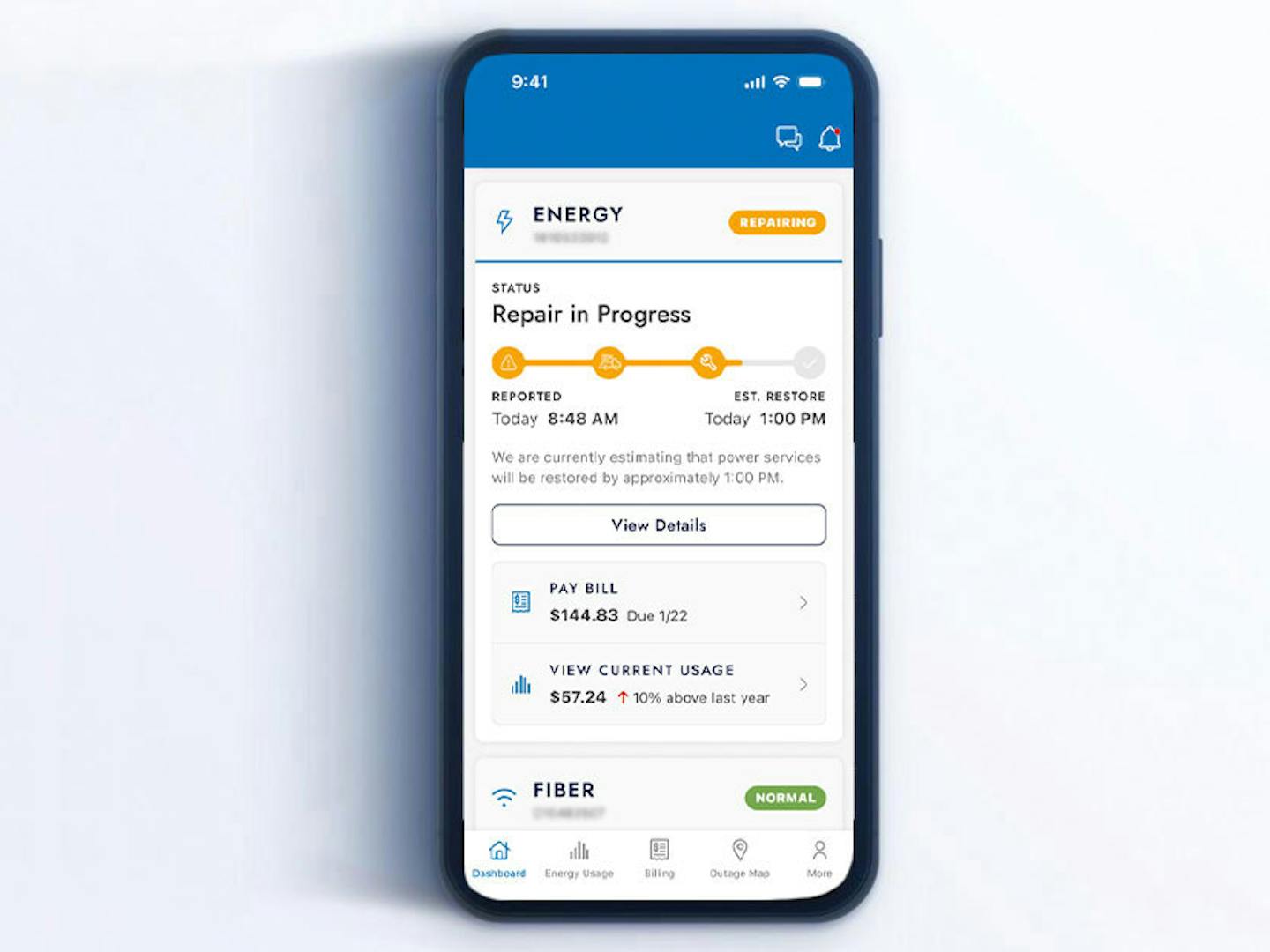Winter storms can bring strong winds, dangerously low temperatures and heavy ice, sleet, snow or freezing rain. These conditions make driving and prolonged outdoor exposure risky, so it’s important to stay cautious and keep backup heat sources on-hand.
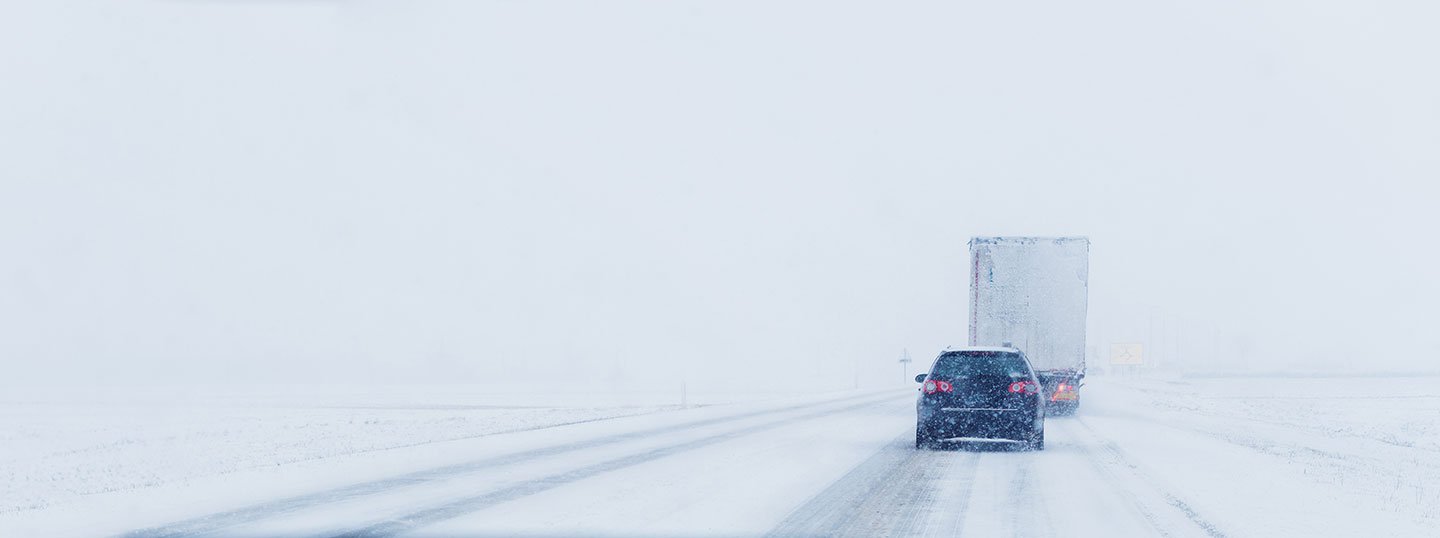
Cold winds and 5+ inches of ice, sleet, snow or freezing rain may fall. Prepare backup heat sources and avoid travel.
In the next 12 hours, heavy snow of at least 6 inches (or ½ inch of sleet) will fall. Prepare backup heat and power sources and avoid travel.
